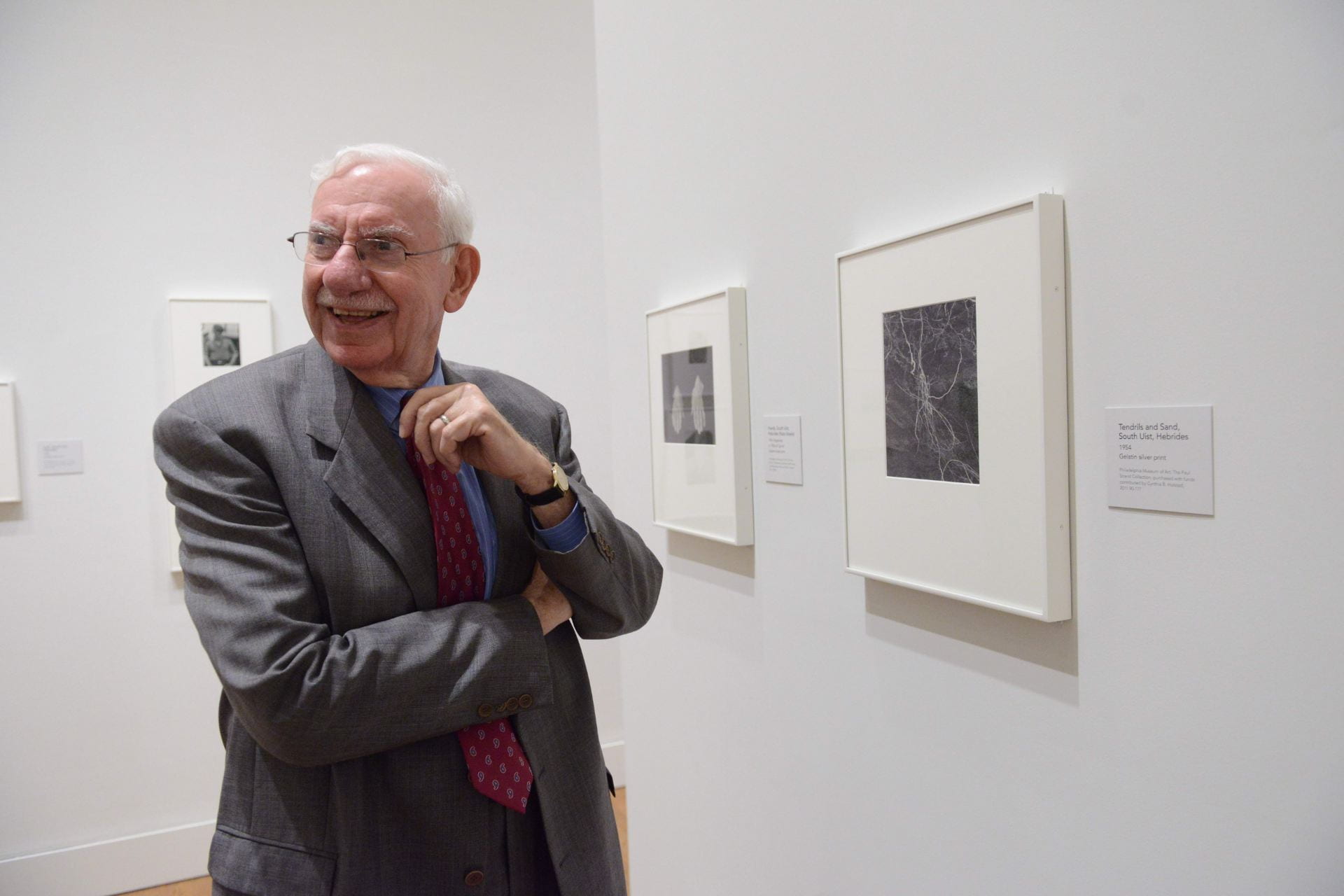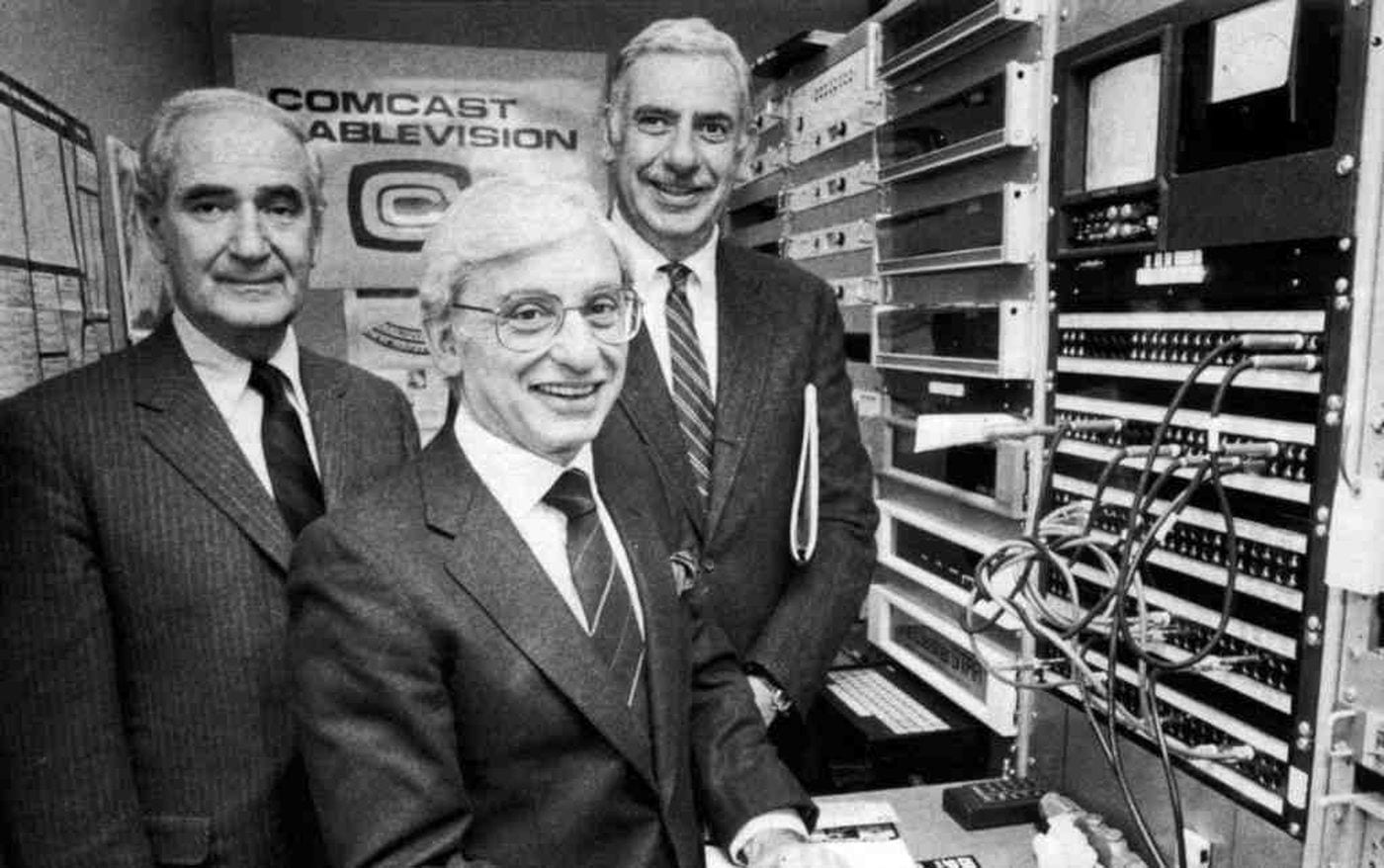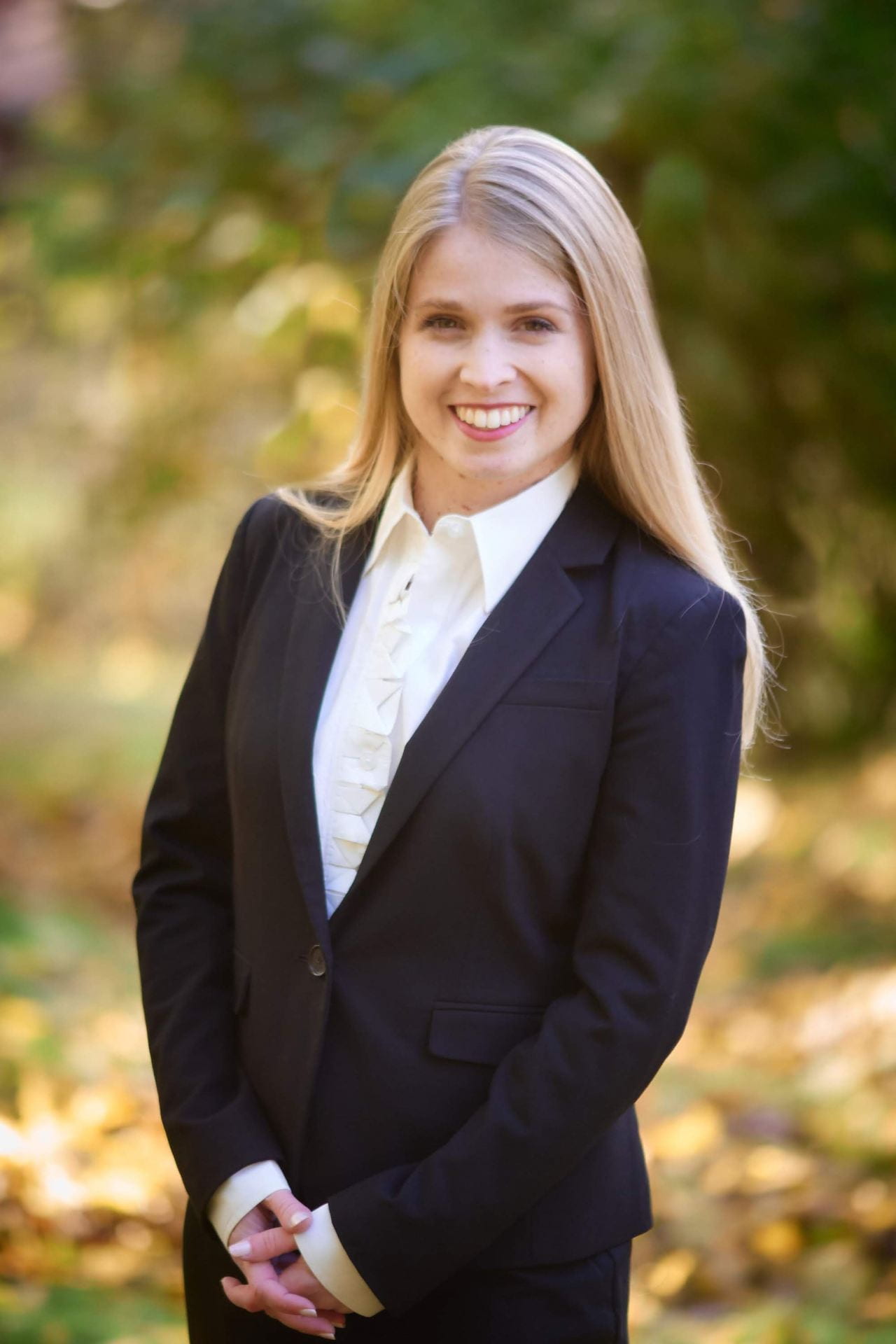By: Rachel Tunney
 Pennsylvania. It’s known for deep history and a creature’s shadow. It’s the home of the Liberty Bell and Hershey Park, the Philly cheesesteak, and trees of the Appalachian. But did you know that Pennsylvania also has deep roots in an industry that changed forever our connectivity with one another?
Pennsylvania. It’s known for deep history and a creature’s shadow. It’s the home of the Liberty Bell and Hershey Park, the Philly cheesesteak, and trees of the Appalachian. But did you know that Pennsylvania also has deep roots in an industry that changed forever our connectivity with one another?
The cable system.
And that’s because part of the cable system’s history involves Pennsylvania’s own Julian Brodsky: Co-founder, Previous Chief Financial Officer, Director and Vice Chairman of Comcast Corporation, a company incorporated right here in Pennsylvania. What started off in a 700 sq. foot space soon became the journey of a lifetime for Julian Brodsky.
Raised in Philadelphia and a graduate of the Wharton School of the University of Pennsylvania, Julian served in the United States Army  before becoming an accountant. When he started accounting, he met among his many clients Ralph J. Roberts. In 1963, Roberts would persuade both Julian and Daniel Aaron to join him in purchasing a 1,200-subscriber cable TV operator. That creation was known first as American Cable Systems but was incorporated in 1969 as Comcast Corporation. (Fun fact: “Comcast” is a combination of “communications and broadcasting.”) Julian’s role as Chief Financial Officer of Comcast led to financial expertise in capital markets, accounting, and tax matters. At various times, he oversaw merger and acquisition efforts, international development and expansion, in addition to accounting activities, administration, and shareholder relations. He also founded and served as CEO of Comcast Ventures, which conducted Comcast venture capital activities.
before becoming an accountant. When he started accounting, he met among his many clients Ralph J. Roberts. In 1963, Roberts would persuade both Julian and Daniel Aaron to join him in purchasing a 1,200-subscriber cable TV operator. That creation was known first as American Cable Systems but was incorporated in 1969 as Comcast Corporation. (Fun fact: “Comcast” is a combination of “communications and broadcasting.”) Julian’s role as Chief Financial Officer of Comcast led to financial expertise in capital markets, accounting, and tax matters. At various times, he oversaw merger and acquisition efforts, international development and expansion, in addition to accounting activities, administration, and shareholder relations. He also founded and served as CEO of Comcast Ventures, which conducted Comcast venture capital activities.
 Julian was elected to the Pennsylvania Cable and National Cable Halls of Fame and received the National Cable Television Association’s Distinguished Vanguard Award. He currently serves as a trustee of the Philadelphia Museum of Art as well as of the Philadelphia Chamber of Music Society. Julian is a director of the RBB Fund, Inc., and he has served on the boards of numerous public companies as well as many not-for-profit organizations over the years.
Julian was elected to the Pennsylvania Cable and National Cable Halls of Fame and received the National Cable Television Association’s Distinguished Vanguard Award. He currently serves as a trustee of the Philadelphia Museum of Art as well as of the Philadelphia Chamber of Music Society. Julian is a director of the RBB Fund, Inc., and he has served on the boards of numerous public companies as well as many not-for-profit organizations over the years.
A quick note: I’m certainly not the first to have had the incredible opportunity to speak with Julian. Here’s a link to The Hauser Oral and Video History Collection from The Cable Center for those interested in a deep-dive of Comcast Corporation and Julian Brodsky’s part in it. Last year, Kevin Chemidlin did a podcast on Julian which can be found here. I focused my interview on extracting his best wisdom for young, budding entrepreneurs and the lawyers that want to serve them.
how do you spell success? r-e-s-p-e-c-t
One aspect of Comcast’s history that fascinated me was its embracement of team throughout every transaction, milestone, and challenge. As someone who had over eleven different roommates in a given year while living in NYC, the knowledge that three individuals could work so well together for so long was… shocking. I asked him, how did you do it? What was it that solidified teamwork as a core concept of Comcast’s history and reputation?
“Respect. Respect for the abilities. Respect for the integrity. That we actually liked each other made that all the easier.”

Respect. Now I could understand how that could work. But certainly, I thought, respect was easy with three talented men always on the same page. However, in the same breath, Julian laughs. He recalls how he and Dan Aaron never saw eye-to-eye, constantly fighting over everything in the business.
A famous allegory, (I say famous because the image is on the internet) describes the management of Comcast as three men driving a car. Julian has his foot on the pedal. Dan Aaron, working in operations, and terrified of Julian beside him, has his foot on the brakes. And Ralph, “calm as can be” has his hands on the wheel, staying the course. Julian points out how unique the setup was: the allegory is a traditional role-reversal. As the financial guy, Julian says normally he would be seen as “Dr. No” while Dan would be working on creative solutions. But this CFO was not risk-averse in the slightest.
“We were so different that way. But of all the business experiences, being partners with them and all we did was one of the joys of my life.”
Inevitable disagreement between Dan and Julian was part of what worked for the company. And because the two respected each other, in the end, this crucible managed by Ralph yielded great results and was never enough to weaken the team.
lawyers, what does your client want? for you to understand them
Interested in working as a lawyer for entrepreneurs? I asked Julian what sort of attributes in a lawyer are best for business. He was quick to mention the following:
- Be Bright
- Be Knowledgeable
- Be Experienced
And the best trait for a lawyer to have is the ability and desire to understand their client. You need to know, Julian states, what that client is capable of doing and NOT capable of doing.
He said that in its industry, the Comcast team was known as “control freaks.” Julian stated that deals wouldn’t be made unless they had control of them, and the team lost a lot of deals because of this. Therefore, he stated, Comcast needed lawyers who were clever enough to give them the control they so desired while also, somehow, getting the deal done.
“You have to understand what your client is willing to do. And it may or may not make sense.”
He says it is important to understand the sophistication of your client’s world. For instance, what is the culture behind the negotiations and deals that are being made? He described how an inexperienced entrepreneur may assume that a “junkyard dog” style lawyer could land her the best deals. But if that entrepreneur had been attempting to work with Comcast, the deals would have been lost. Because that wasn’t the way the company operated.
proudest moments: the entrepreneurial spirit of Comcast and passing the torch
It is clear that in his career, Julian is proud of two things: (1) Comcast’s creation and (2) Comcast’s future. Before becoming the corporation we know today, Comcast started out in a 700 sq. foot room with used furniture: $5 for a chair and $10 for a desk. To save even more money, Julian forewent the purchased furniture, bringing in his own card table from home.
“We built this enormous company – based on true entrepreneurial spirit – taking all kinds of risk along the way. But thinking it through and putting in hard work and ability and getting it done.”
Comcast also achieved one of the hardest things a company can: moving from the generation of the founders/entrepreneurs to the next generation of professional management. And not only did Comcast achieve it, it excelled at it. You can hear the smile in Julian’s voice as he told me about Brian Roberts, the son of Ralph Roberts, and his team, “one of the great stories of American business.” Brian, the current Chairman of the Board, President, and Chief Executive Officer of Comcast, worked in all areas of the business at a time when he could use the three co-founders as mentors as well as a safety net. Julian believes Brian is one of the most incredible CEOs of the country if not the world.
“We all learned to bite our tongue, encourage, and Brian just pulled up one miracle after another.”
Brodsky: business, philanthropy, and family
 Julian has quite a reputation as a philanthropist as well. He enjoys having the opportunity to give back, and that trait is found in his entire family. His wife and three daughters love supporting their own individual interests. It keeps the family together, he said and allows them to invest in areas that mean the most. Julian and his wife overlap in their appreciation for music and the arts. In fact, his second date with her involved the opera.
Julian has quite a reputation as a philanthropist as well. He enjoys having the opportunity to give back, and that trait is found in his entire family. His wife and three daughters love supporting their own individual interests. It keeps the family together, he said and allows them to invest in areas that mean the most. Julian and his wife overlap in their appreciation for music and the arts. In fact, his second date with her involved the opera.
When I asked Julian, what allowed him to achieve success while also having a family, he was quick to credit his wife. You can hear the admiration he has for her, as he describes her unwavering support for him while he worked very long hours and sometimes seven days a week. He acknowledged that it was a burden on her “which she handled magnificently.”
entrepreneurs: say it with me- Mentorship, mentorship, mentorship
Penn State Dickinson Law’s Inside Entrepreneurship Law Blog sees such variety in its selected Entrepreneurs of the Month. However, there are certain themes that repeat themselves in almost every interview. And one of those is the importance of mentorship. That theme is no different here. Julian indeed credits the development of his core values to close mentorships. At one point, he began to work on public companies that were subject to regulation by the Securities and Exchange Commission (“S.E.C.”). He was growing concerned that with this new complexity that he may do something wrong. But someone passed along wisdom during that time that stayed with him for life:
“I suggest you do whatever you think is right. If you can judge between right and wrong, as I know you can, rest assured the law will take care of you.”
Good advice, indeed. (Side note: This came from Abraham Freedman– the United States Third Circuit Judge from 1964 to 1971.)
This notion of doing what he believed was “right,” Julian said, put him in a difficult position, particularly with his partners. That “right” way of thinking found its way into analyzing Comcast’s securities disclosures, finances, and loans. His team, quite seriously, asked him one day if his “Boy Scout ways” were putting Comcast at a disadvantage. Julian answered honestly: Yes. No question about it, but only in the short run. Comcast would lose deals and opportunities to other companies. And Comcast may be viewed negatively due to conservative accounting. But, he said, for the long haul, Comcast would instead have such integrity, such credibility, and such a reputation, that things would be okay.
And, I think we can all agree, he was most certainly right.
just a side note… be careful and mind your voir dire!
One comical tale made me laugh perhaps even more than the average individual because it involved a topic discussed in my Advocacy I class. Julian recounted his first time in a courtroom- serving jury duty. Yes, that was his first time in a courtroom. See, Julian mentioned that even after becoming a public corporation, there was a surprising lack of litigation involving Comcast. From a business standpoint, no one wants the fate of their business affairs to be in the hands of a jury or a judge. For that reason, negotiating solutions to business problems was imperative to avoid litigation.
“That was part of our style. That’s who we were. We avoided it. We tried to do things right.”
The morning of jury selection, Julian was excited, looking forward to serving jury duty on a complex commercial litigation case. And during selection, the judge had asked those there if anything would hinder their ability to serve. Julian spoke up (honestly, as always):
“I don’t know if it’s relevant or not, but I really have this thing for the plaintiff’s bar.” (It’s true. He really, really does not like the plaintiff’s bar.)
He was asked if his views would prevent him from being fair in his verdict, to which of course he said they would not. As fate would have it, he not only stayed on the medical malpractice case, he became the jury’s foreman! Julian said it was a pretty ridiculous case (it involved someone accused of failing to clip a toenail properly) and after an overwhelming defense, the jury was told that if they didn’t have a verdict within fifteen minutes, they would have to come back the following week. Back in the jury room, Julian said to his fellow jurors, “Does anyone think this guy should get a nickel?” Silenced ensued, to which he responded, “Hearing nothing, we’re out of here!” Six minutes later, they were back in.
“And that was the end of that.”
 Rachel Tunney, at the time of this post, is a rising 3L at Penn State Dickinson Law. Formerly a professional New York City dancer/singer, Rachel now is interested in corporate litigation and has accepted a clerkship in the Delaware Superior Court for after graduation. Rachel currently serves as the Dickinson Law Student Representative for the Pennsylvania Bar Association and is a Comments Editor of the Dickinson Law Review. She is also Professor Prince’s Research Assistant, a position she enjoys immensely.
Rachel Tunney, at the time of this post, is a rising 3L at Penn State Dickinson Law. Formerly a professional New York City dancer/singer, Rachel now is interested in corporate litigation and has accepted a clerkship in the Delaware Superior Court for after graduation. Rachel currently serves as the Dickinson Law Student Representative for the Pennsylvania Bar Association and is a Comments Editor of the Dickinson Law Review. She is also Professor Prince’s Research Assistant, a position she enjoys immensely.
Photo Sources:
https://www.inquirer.com/philly/business/20110501_On_eve_of_his_departing__Comcast_s_Brodsky_looks_back_at_the_many_wins.html
